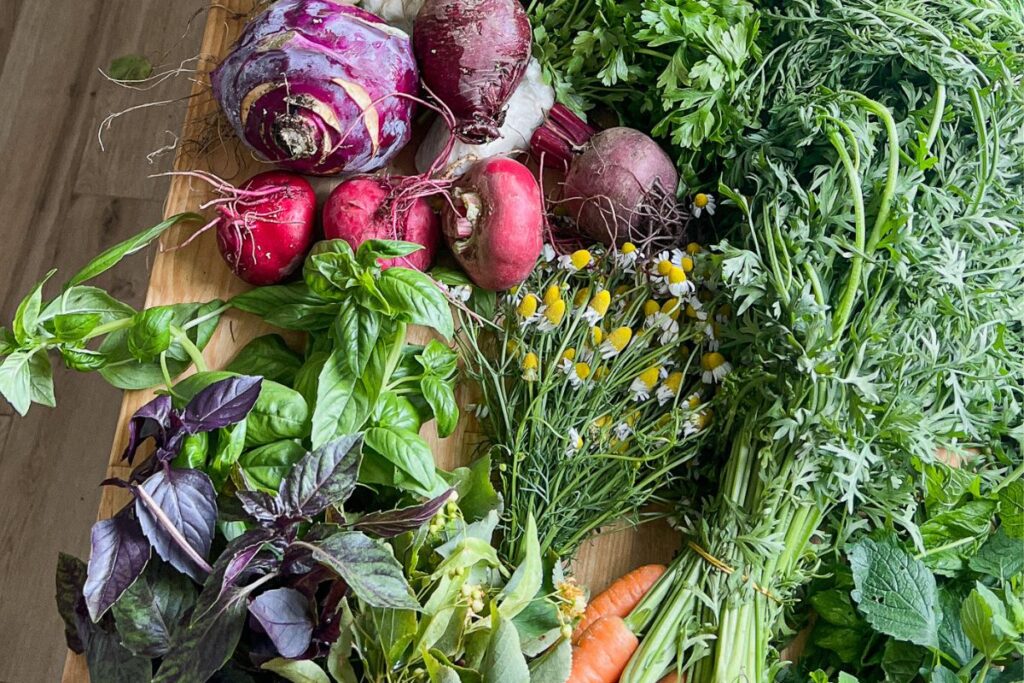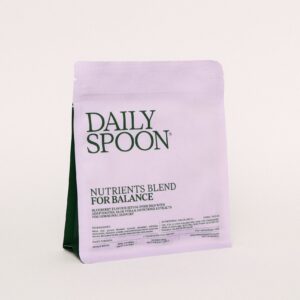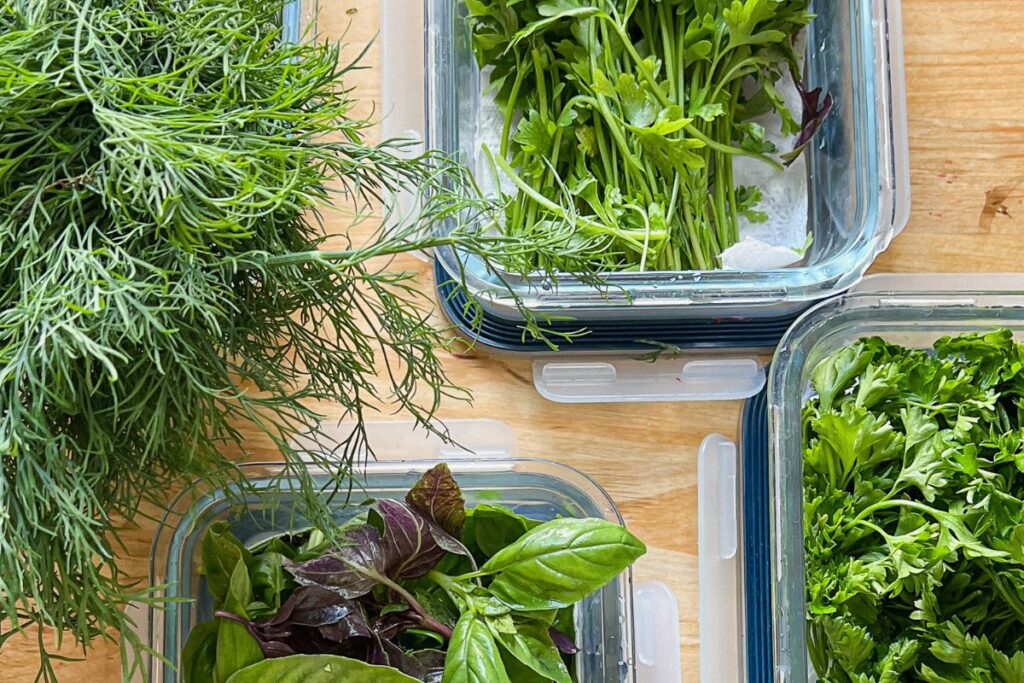Digestive disorders are among the most common ailments we face. A frequent complaint is a “stomach stop,” impaired stomach function, or dyspepsia.
A stopped stomach is a disorder typical in developed countries, often caused by poor nutrition, where the diet consists mainly of low-quality food, frequent overeating, irregular meals, and lack of routine.

Stomach stoppage: Symptoms
Common symptoms of stomach stoppage include:
- Pain, burning sensation, and discomfort in the upper abdomen;
- Feeling full quickly;
- Unpleasant heaviness after eating;
- Bloating and cramps;
- Gas buildup and a feeling of distension;
- Nausea;
- Food reflux back into the esophagus, acid reflux, and heartburn;
- Stomach growling sounds, among others.
Causes of stomach stoppage and nausea
Here are some reasons why stomach stoppage might cause nausea:
- Overeating – one of the main causes of stomach stoppage. When you overeat, the pancreas can’t produce enough digestive enzymes. This is especially true if your diet is high in processed foods, sugar, and animal fats.
- Eating fatty and fried foods. Consuming large amounts of such foods forces your digestive system to work twice as hard.
- Eating a lot of spicy or acidic foods, such as citrus fruits, tomatoes, various sauces, etc.
- Eating too quickly and not chewing food properly.
- Eating while stressed. Research shows that stress triggers the fight-or-flight response, slowing digestion as it becomes a secondary function.
- Experiencing food intolerances. If you feel unwell after eating certain foods, try temporarily removing them from your diet and observe any changes.
- Smoking, alcohol, caffeine consumption, and other stimulants.
- Having certain medical conditions such as celiac disease, irritable bowel syndrome (IBS), gastroesophageal reflux disease (GERD), and others.
What to do when your stomach feels stopped?
Stomach stoppage? Traditional remedies can sometimes help better than medications. However, it’s important to use critical thinking, as fizzy drinks like soda water or Coca-Cola may not always be effective.
Here are a few tried-and-true methods to stimulate your stomach.
Lemon juice drink
If you suddenly feel heaviness and that food is stuck in your stomach, squeeze 1 teaspoon of lemon juice into a glass of warm water and drink it. Lemon juice not only improves digestion but also helps regulate stomach acidity.
Apple cider vinegar
If you don’t have lemons at home, apple cider vinegar can also help stimulate your stomach. Add 1 teaspoon of apple cider vinegar to a glass of water and drink the mixture.
Fennel seed tea
Fennel tea helps combat digestive issues, soothes the digestive tract, and reduces spasms, nausea, and bloating.
Peppermint tea
It is recommended to drink a cup of peppermint tea after meals. It helps quickly calm the stomach.
Chamomile tea
Chamomile tea can help relieve intestinal discomfort and digestive issues by reducing stomach acidity. It also helps to reduce inflammation.
Ginger
Ginger not only helps with nausea but can also be effective for a stopped stomach by stimulating the digestive system. It helps reduce stomach acidity. However, it’s important not to exceed the recommended amount of pure ginger (up to 4 grams per day), so you can also include other ginger products like drinks or candies in your diet.
Aloe vera juice
Recent studies suggest that aloe vera can effectively relieve digestive issues by soothing heartburn, reducing acid reflux, nausea, gas buildup, and inflammation.
Natural yogurt
If your stomach feels stopped frequently, try eating at least one cup of natural yogurt daily – the results can be surprising. In general, probiotics are excellent for supporting the digestive system.
Good bacteria
If you often experience a stopped stomach, uncomfortable intestinal gurgling, and find traditional remedies less effective, consider long-term ways to improve digestion.
Our and our community’s recommendation is the GUT PRIME ritual, which supplements daily nutrition with 2 billion live bacteria and natural ingredients.
This ritual is praised for its carefully selected components, balanced formula, and proven effectiveness.

Recommendations to prevent digestive problems and a stopped stomach
- Eat smaller portions more frequently. The stomach can’t digest large amounts of food at once.
- Chew food thoroughly, eat slowly, and try not to talk while eating to avoid swallowing excess air, which can worsen the condition.
- Avoid foods and drinks that may trigger digestive issues, such as caffeine, alcohol, spicy foods, heavily fried or fatty meals.
- Avoid eating right before bedtime: allow at least 3 hours between your last meal and going to bed.
- If stress causes digestive problems, learn new stress management techniques.
- Try to quit smoking.
- Aim to maintain a healthy body weight through regular physical activity.
When to seek medical help for a stopped stomach?
Occasional digestive issues are normal, but if symptoms persist for weeks or months, you may have GERD, stomach ulcers, or gallbladder problems.
See a doctor if you experience:
- Unexplained weight loss
- Severe pain
- Persistent fatigue
- Frequent vomiting
- Black stools
- Difficulty swallowing food
- Stopped stomach in a child (home remedies and herbs may not be suitable)

Sources:
- Therapeutic and Adverse Effects of Commonly Used Medicinal Plants: Standardization and Quality Assurance
- The Effectiveness of Ginger in the Prevention of Nausea and Vomiting during Pregnancy and Chemotherapy/a>
- Efficacy and safety of Aloe vera syrup for the treatment of gastroesophageal reflux disease: a pilot randomized positive-controlled trial
- Licorice flavonoid alleviates gastric ulcers by producing changes in gut microbiota and promoting mucus cell regeneration






























